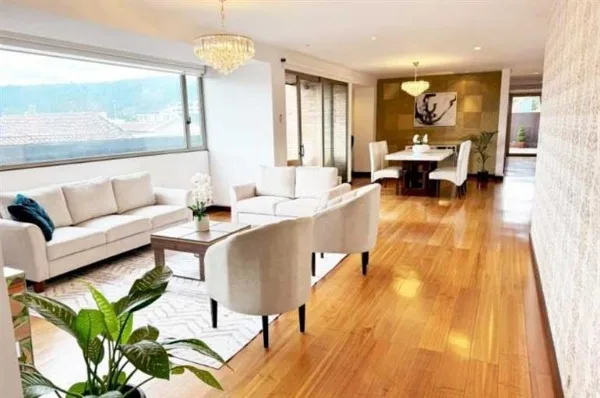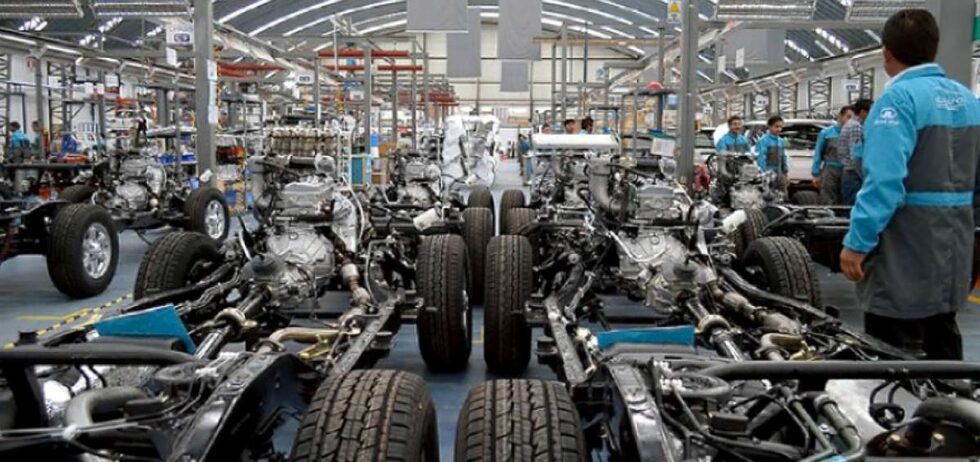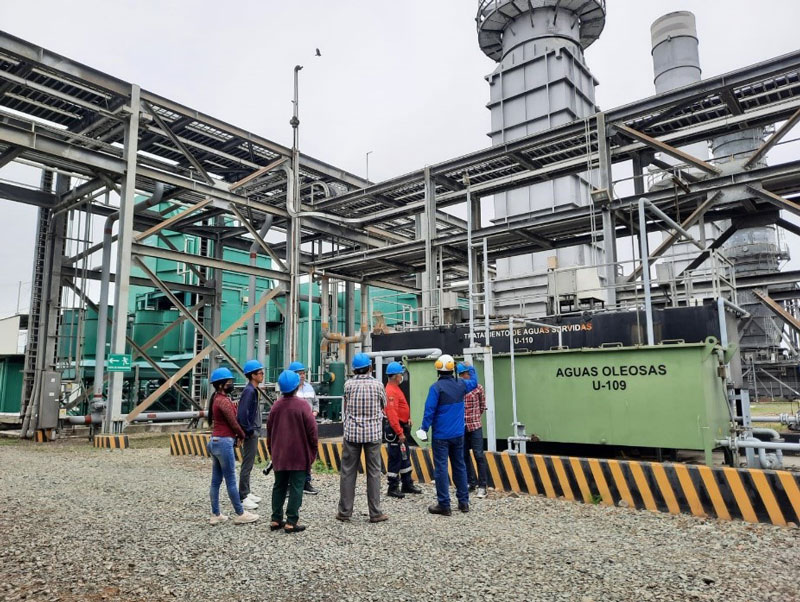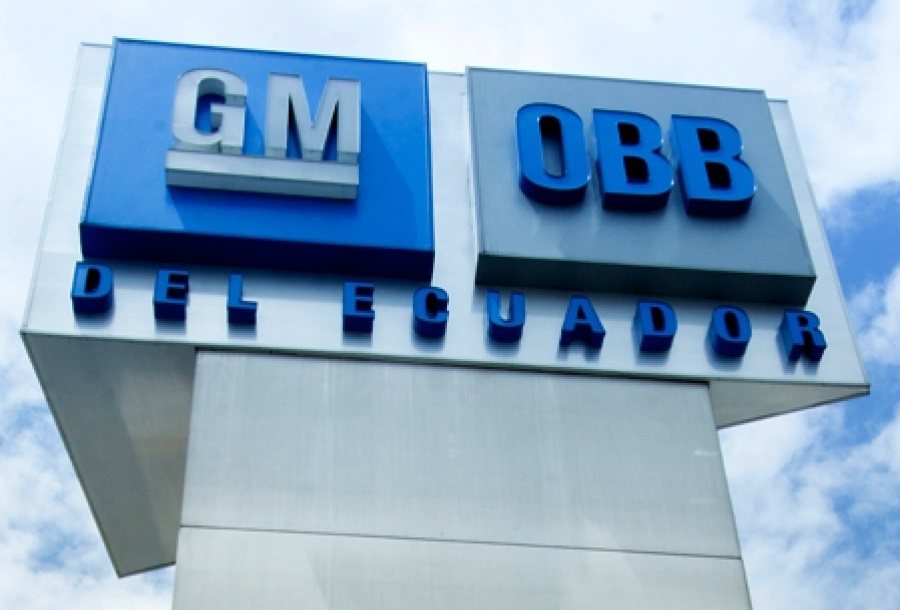Remembering German archeologist Max Uhle 100 years after his Cuenca discoveries
The Pumapungo Museum will host a September symposium and exhibition to celebrate renowned German archeologist, Frederico Max Uhle, and his work in Cuenca.

German archeologist Max Uhle
The exhibit, titled Arqueología Urbana. Problemas y Perspectivas: 100 años de la presencia de Max Uhle en el Ecuador, will cover three aspects of Uhle’s life. The socio-cultural issues he faced in Cuenca in 1919 to develop his research, a comparison of Uhle’s original findings written in 1923 with current research and a reflection on archaeological research practices.
Friedrich Max Uhle was born in Dresden, Germany, in 1856, he studied at the Universities of Göttingen and Leipzig, where he graduated as an ethnologist, devoting himself especially to the study of Eastern societies. Once he graduated, he intensified his ethnological studies in the museums of Dresden and Berlin and began his studies of archeology.
AIn 1883, he began his “Americanist” campaigns with another German scientist, Alfonso Stubel. Uhle conducted archaeological investigations in Argentina, Bolivia, Chile, Peru and Ecuador. He founded, formed and organized the National Museum of Lima, the Anthropology section (1908) and Santiago (1912). His activity was funded, mainly by the government of Germany, which paid for most of his visits to South America with assistance from the United States’ Universities of Pennsylvania and California.
In 1919, Don Jacinto Jijón y Caamaño, Director of the Ecuador Academy of History, asked Uhle to come to Ecuador and carry out archaeological investigations.

Max Uhle, at far left, standing by besides ruins in Challuambamba in 1921.
Following thorough excavations, Uhle confirmed the location of the ruins of the Inca city of Tomebamba, in present-day Cuenca.
“In the course of the excavations that we undertook, the foundations and the total plant of the Royal Palace and a Temple of the Viracocha God, the two buildings raise their front in opposition to each other,” Uhle wrote. “The Palace, located in the south, faces the main square.”
He adds: “The presence of the remains of an ancient city of the importance of Tomebamba in the immediate southeastern neighborhood of Cuenca, offers by itself a timbre of glory for the modern city. With this, its history is extended to antiquity, and a region freely chosen by the last Inca monarchs, and birthplace of at least one, the most developed of South American antiquity, was chosen as a place for the construction of the second seat, after Cuzco, of its powerful government, therefore it has itself geographical and ethnographic values that at all times should predestinate it for the development of a high culture… ”
In addition to his work at Tomebamba, Uhle conducted excavations several miles northeast of Cuenca, in Challuambamba, discovering trails he described as part of an Andean-Pacific trade route dating back three or four thousands years. Uhle also investigated the Inca ruins of Vinoyaco and Tambo Blanco in Loja Province and Sumaypamba in the Yunguilla Valley.
Tamara Landívar, Director of Pumpapungo, and Marcos Sempértegui, coordinator of the event, maintain that Uhle’s contribution is not fully appreciated. “He provided technical archeological guidelines that became the standard for all future work in South America.”
Exhibit presentations will focus on research, conservation, and archeological site management of current sites in the region.
Uhle’s original report on the excavations at Pumapungo and its findings are currently displayed in the Archeology Room at Pumapungo. A facsimile will be available free of charge at the symposium and exhibition. The symposium will be held September 18, 19 and 20 at the Pumapungo Museum — registration is currently open. The exhibition opened last week.

















